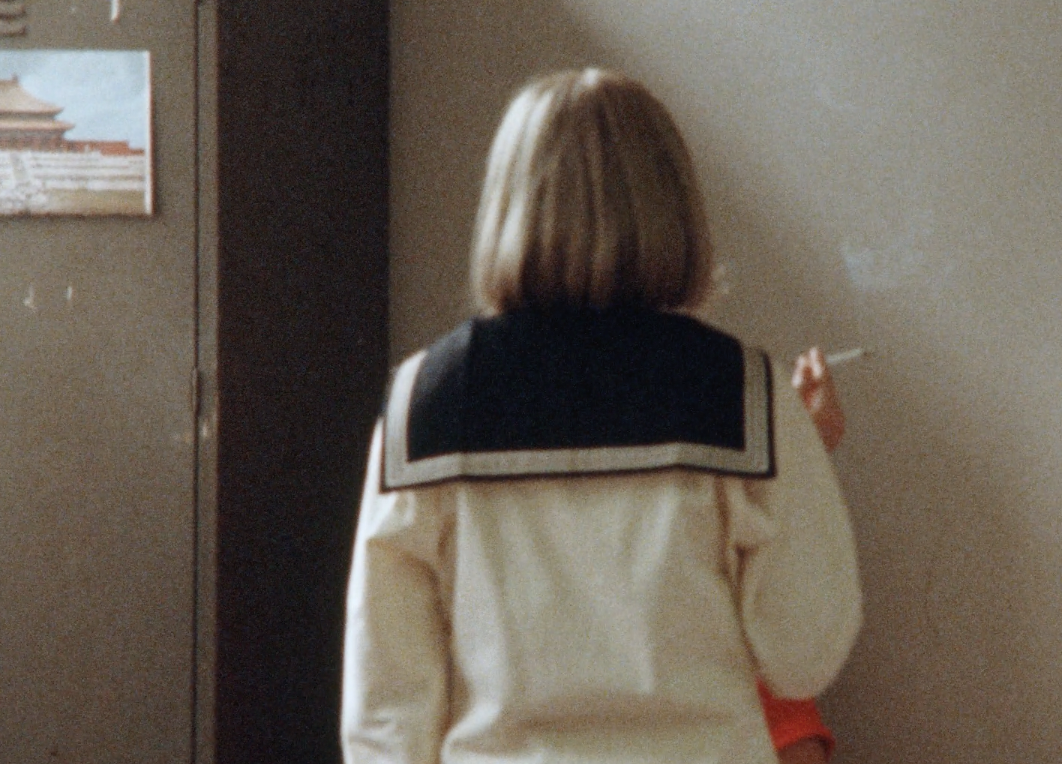RELATED ARTICLE
Wanda: A Miracle
By Amy Taubin
The Criterion Collection

Certain films find a way of creeping into your brain because they invite you to explore whole new worlds that continue well beyond their final frames. These movies force you to keep looking for answers to questions posed not just by their narratives and characters, but by the times that shaped them. They’re my favorite Criterion editions to research, but they’re also the most challenging. More often than not, these are lesser known films, created by artists who lived and worked—not always by choice—on the periphery of the industry. Because of this, the details of their lives tend to fade into obscurity or get condensed into juicy morsels of trivia that fail to provide any proper context for their work.
When Criterion producer Kate Elmore and I started working on an edition of Wanda, Barbara Loden’s sole feature as a director, we knew we were embarking on one of those projects. Shot on a shoestring budget and neglected for decades, this beautiful portrait of the existential misfortunes of a working-class woman stuck deep in the heart of Pennsylvania coal miner country had a backstory that took some effort to fill out. While Loden was consistently eloquent when she spoke about her creative process on the talk-show circuit at the time of the movie’s release, Kate and I noticed a tendency among most interviewers to not treat her work behind the camera seriously. We encountered the media’s inability to see past the sexual façade that had become a part of her public persona thanks to roles such as the Marilyn Monroe–inspired character in Arthur Miller’s play After the Fall. It made our job—creating a three-dimensional portrait of this film and the woman who made it—tough from the get-go.
Loden had a tumultuous marriage with Elia Kazan, who had cast her in Splendor in the Grass, from 1967 until her death in 1980. While reading Elia Kazan: A Life, Kate found an intriguing mention of a West German camera crew that came to New York to shoot Loden at work and at home in the spring of 1980, just months before she prematurely succumbed to cancer that September. From this description, we were on a path that led us to Katja Raganelli, the Croatian-German filmmaker who directed the documentary alongside her late husband, Konrad Wickler, and a screener of I Am Wanda, the film they made on that visit.
I’ve spent countless hours on the job watching artist portraits. They are often formulaic and reductive. I Am Wanda is not one of those documentaries. These are sixty minutes we spend living with Loden, watching her as she reads at home with Elia and the kids or teaches students in the acting workshop that provided her such an important creative lifeline in her final years. Just when we’re absorbed in the richness of these quotidian scenes, we’re back with her in her study, on the receiving end of her poetic yet succinct thoughts about . . . well, everything: her childhood, her art, and how Wanda was an expression of it all. We’re left with a film about a woman who seized the opportunity to leave a record of her life in her own words just as she was facing death. None of it feels exploitative or invasive, and it’s because Raganelli listens to Loden. She gives her subject the freedom to speak freely, as if no one is watching.
I wanted to hear more from Raganelli about I Am Wanda and the rest of her body of work, which includes dozens of documentaries probing into the work and personalities of a diverse list of directors that includes Dorothy Arzner and Jean-Luc Godard. She wrote to me from her home in Munich about what she remembers of her special time with Loden.
Raganelli’s responses were translated from the German by Nadine Lübbeling.
